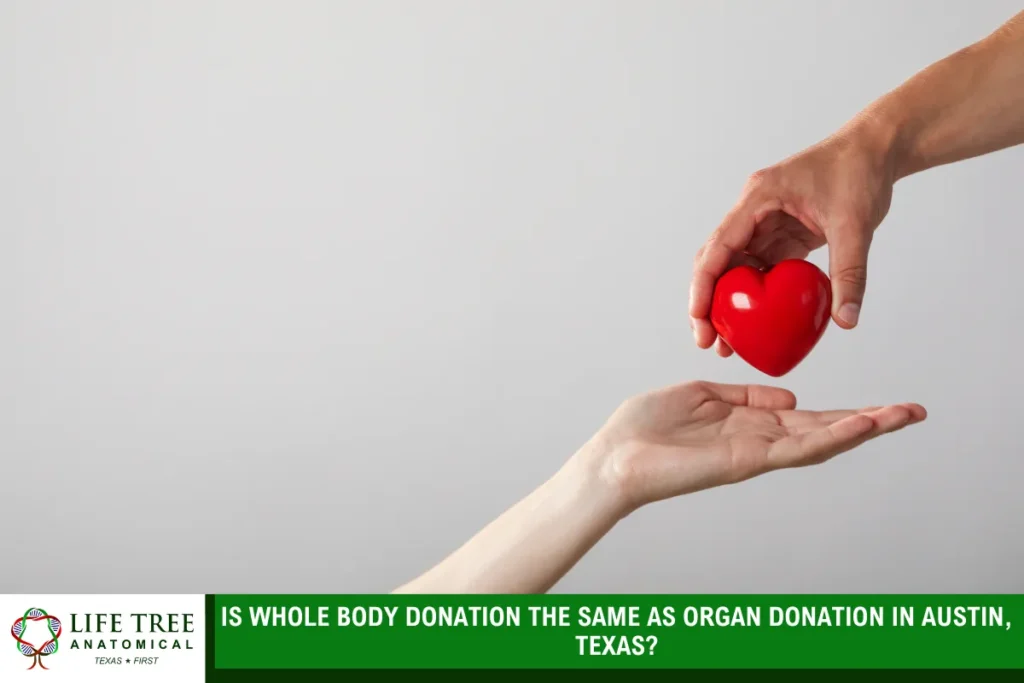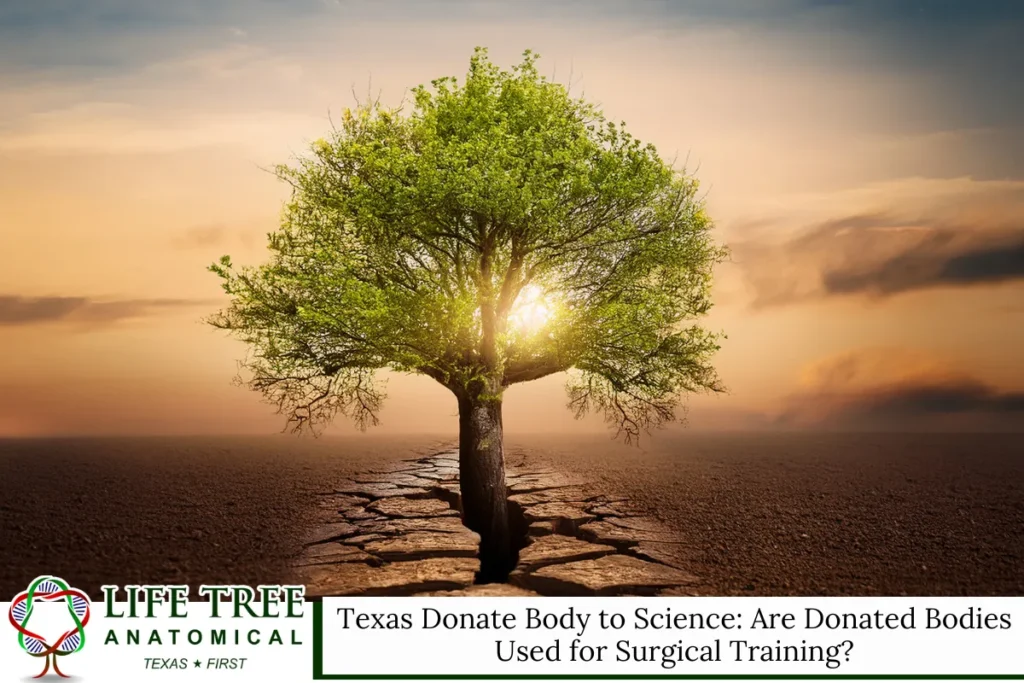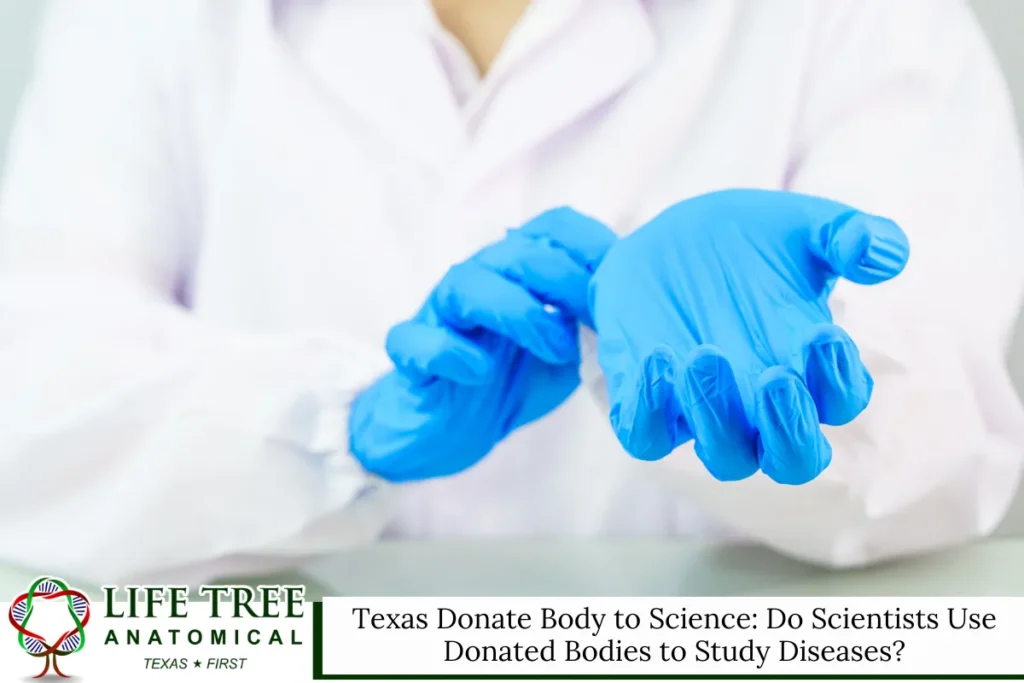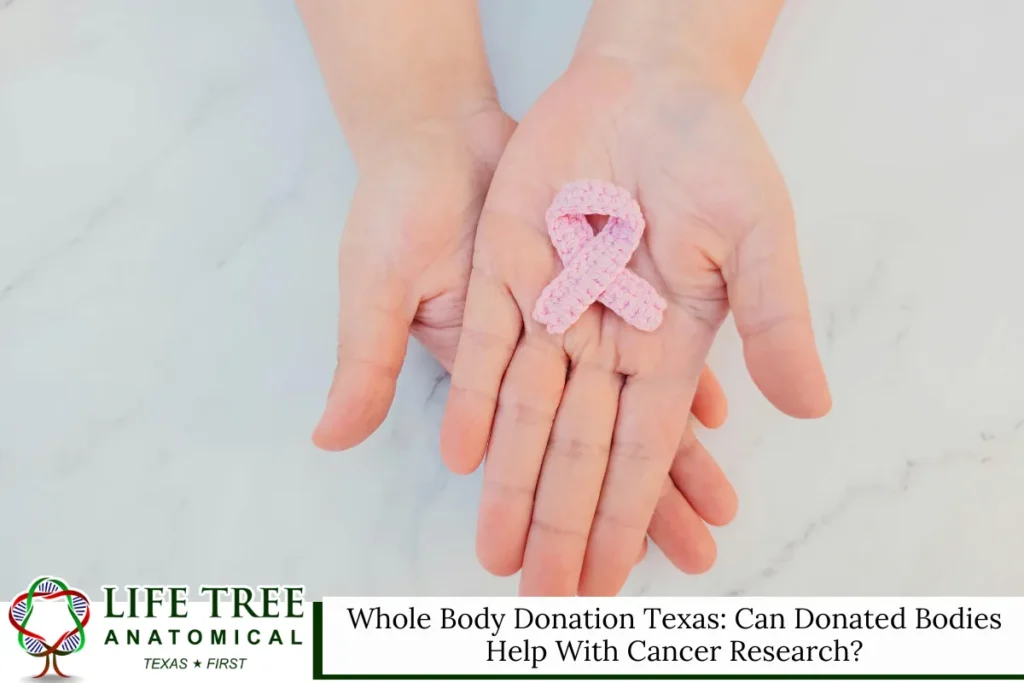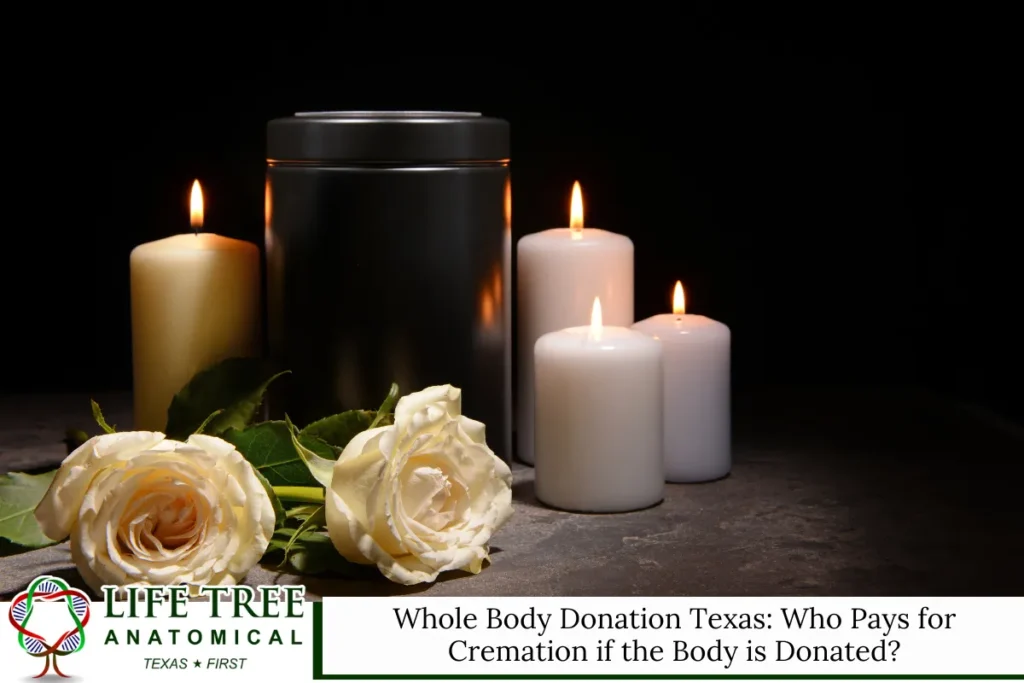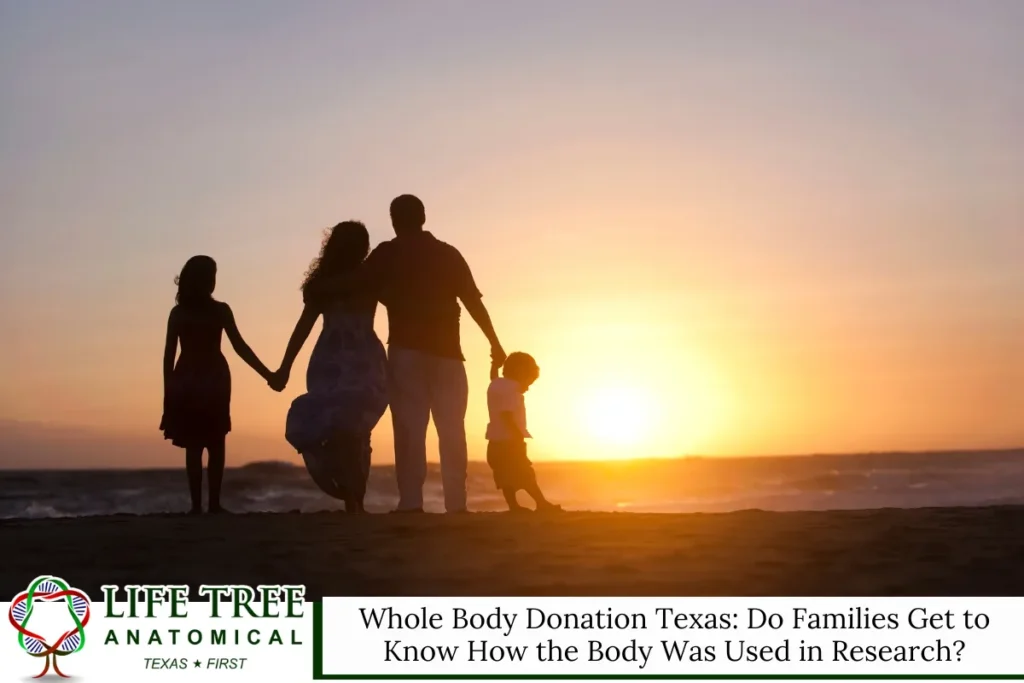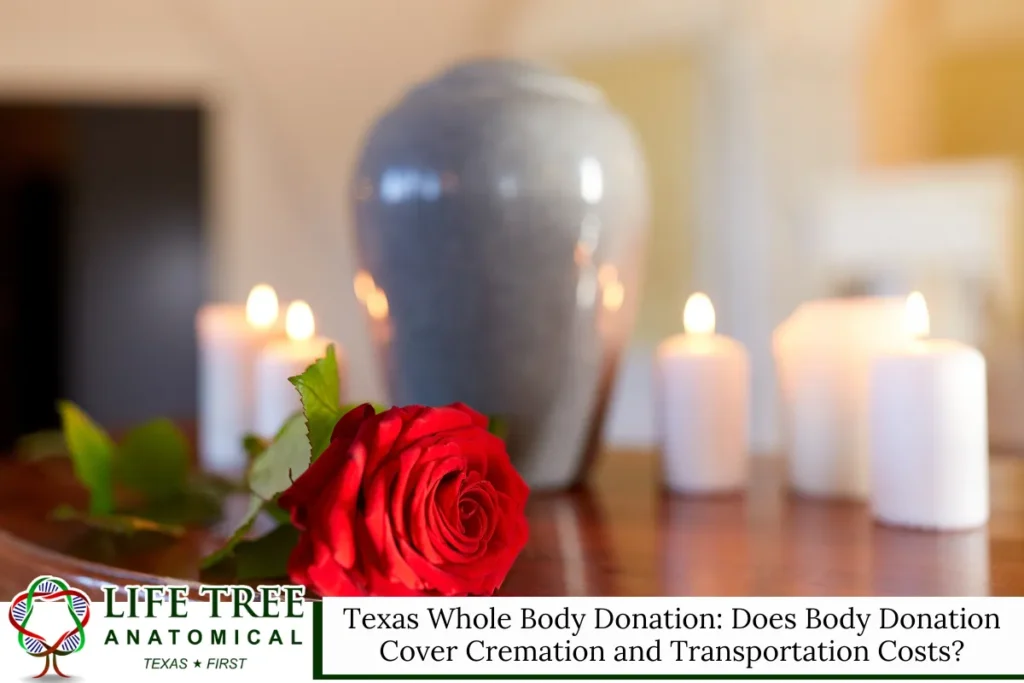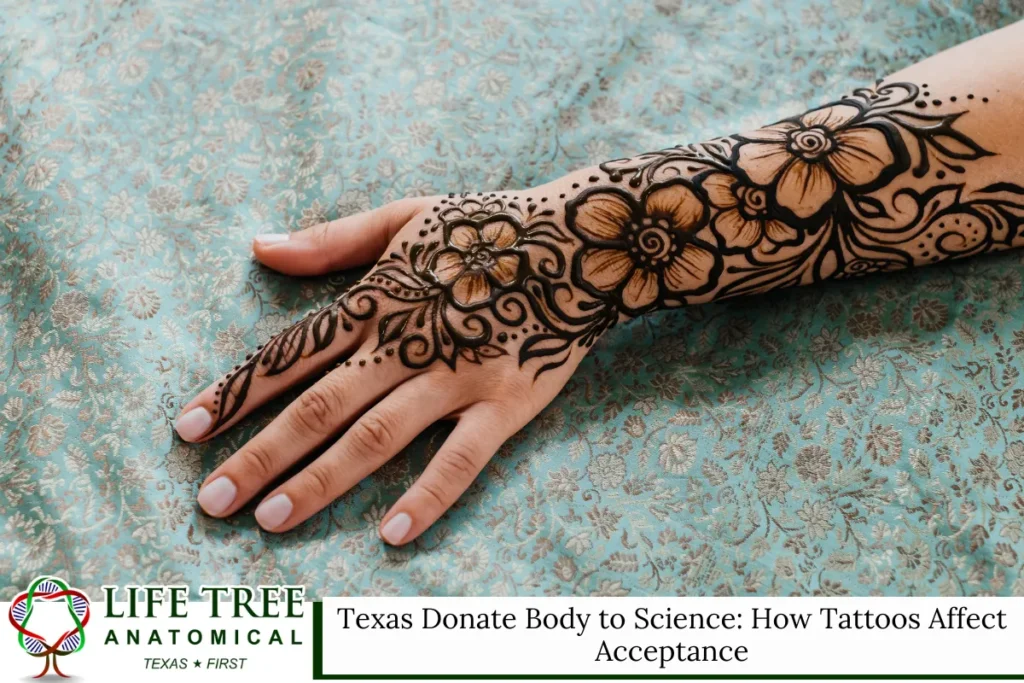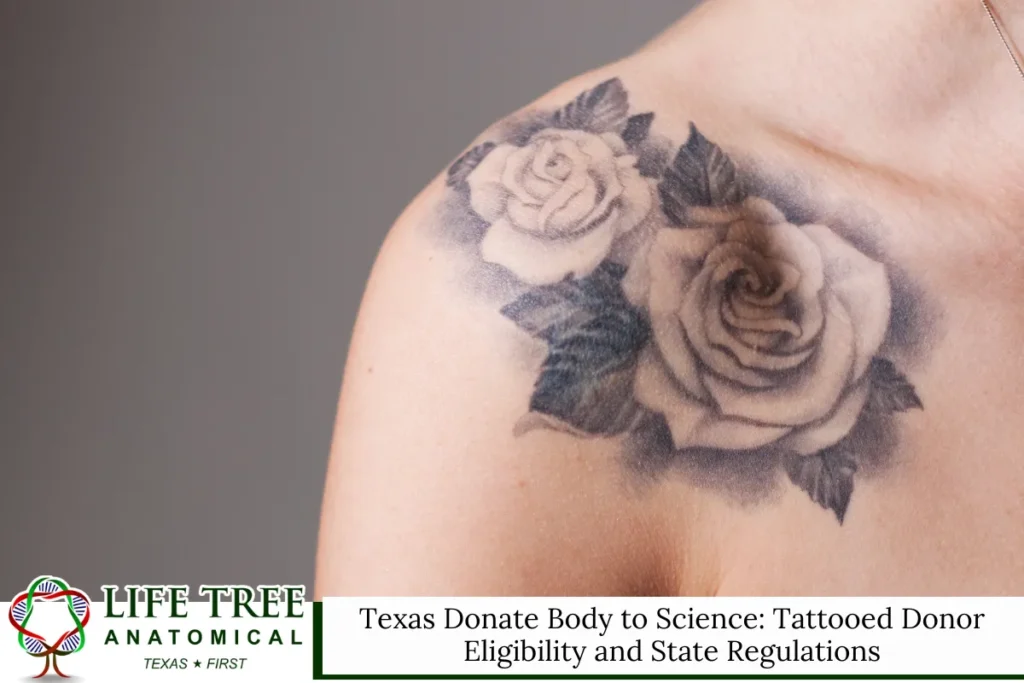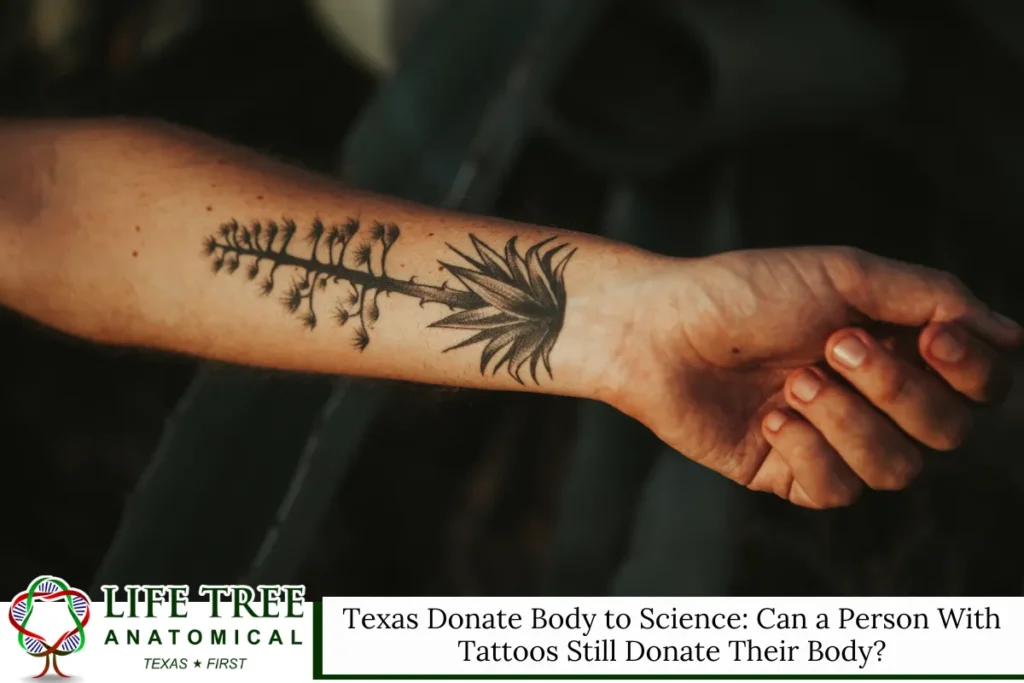Whole body donation plays a crucial role in medical advancement and education, especially in cities like Austin, Texas, where the demand for high-quality healthcare training continues to increase. Many people confuse it with organ donation, thinking they serve the same purpose. In reality, whole body donation and organ donation differ significantly in terms of intent, process, and outcome. Understanding these differences is important for anyone considering end-of-life donation options.
This guide examines the key differences between these two types of donations, their impact on the medical community, and what Austin residents should consider before making a decision.
Understanding Whole Body Donation

Whole body donation refers to the act of donating one’s entire body to science after death. The donated body is used for purposes such as medical education, scientific research, and surgical training. In Austin, medical schools, research centers, and teaching hospitals rely on donated bodies to teach students, improve surgical procedures, and test new medical tools and treatments.
Unlike organ donation, whole body donation does not involve transplanting body parts into living recipients. Instead, it contributes to the long-term advancement of healthcare knowledge. Students learn human anatomy firsthand, researchers analyze disease progression, and surgeons practice complex procedures before performing them on live patients.
The entire process is conducted with respect and dignity. Programs in Austin typically provide free transportation, cremation after use, and return of the ashes to the family upon request. This enables donors to contribute to medical progress while providing families with peace of mind.
Organ Donation: Saving Lives Through Transplant

Organ donation focuses on saving or improving the lives of others by utilizing transplantable organs and tissues. Commonly donated organs include the heart, kidneys, liver, lungs, pancreas, and intestines. Tissues such as corneas, skin, heart valves, and bone can also be donated.
In Austin, organ donation is managed by state and national networks that coordinate with hospitals, transplant centers, and donor registries. The primary goal is to match viable organs with recipients in urgent need of them. Timing is critical, as most organs must be retrieved within hours of death to remain functional.
This type of donation is often chosen by individuals who wish to give the gift of life directly to someone battling illness or injury. However, not everyone qualifies for organ donation due to age, health, or circumstances surrounding death. In such cases, whole-body donation may be a more inclusive option for contributing to the greater good.
Purpose and Impact of Each Donation Type
Although both options serve society, their objectives differ significantly.
Whole Body Donation
- Educational value: Provides training opportunities for medical students and professionals.
- Research benefit: Supports the development of treatments and understanding of diseases.
- Surgical advancements: Help improve techniques for safer surgeries and develop new medical technologies.
- Legacy: Offers a meaningful way to support future generations of healthcare providers.
Organ Donation
- Immediate life-saving impact: Directly helps people in need of transplants.
- Tangible results: Recipients often live longer, healthier lives thanks to successful transplants.
- Time-sensitive process: Organ donation must occur quickly after death, with medical teams on standby.
- Strict medical criteria: Only individuals with suitable organ health and conditions may qualify.
In Austin, both types of donations are valuable, but they serve very different needs within the healthcare system.
The Process of Whole Body Donation in Austin

The process of whole body donation in Austin typically follows a respectful and organized series of steps designed to honor the donor and support their family.
- Pre-registration: Individuals can register before death, filling out consent forms and informing their next of kin.
- Notification of passing: At the time of death, the donation program is contacted by family members or medical personnel.
- Medical screening: A brief review is conducted to confirm eligibility, which includes consideration of the cause of death and any infectious conditions that may have contributed to it.
- Transportation and preparation: The donor’s body is respectfully transported to the facility, where it is prepared for use.
- Use in education or research: The body may be utilized for several months to provide students or researchers with hands-on experience.
- Cremation and Return of Ashes: After the body has served its purpose, it is cremated, and the ashes can be returned to the family upon request.
Unlike organ donation, this process is not rushed. It allows for a longer window of time between death and use, making it more accessible for many people.
The Process of Organ Donation in Austin

Organ donation is a highly coordinated medical procedure with precise steps. It begins well before death if someone is a registered donor.
- Enrollment in the donor registry: Most people register when applying for or renewing a driver’s license.
- Hospital coordination: When a person is declared brain-dead or near death, medical staff notify the organ procurement organization.
- Medical evaluation: The donor’s organs are assessed for viability and suitability.
- Recipient matching: Organs are matched with potential recipients through national and local databases.
- Organ retrieval surgery: A specialized surgical team removes the organs in an operating room.
- Transplantation: Organs are transported to transplant hospitals, where they are implanted into waiting recipients.
In Austin, transplant centers work around the clock to ensure that no viable organ goes unused. However, the strict timing and eligibility factors mean not everyone will qualify for organ donation.
Eligibility and Limitations
Whole Body Donation Eligibility
Whole body donation is typically open to a broader range of individuals. You may still qualify if you:
- Are over the age of 18
- Have a history of chronic illness (like cancer or diabetes)
- Die from natural causes
- Are you not an organ donor, or are your organs not viable for transplant
- Have not recently undergone extensive surgery or trauma
Programs in Austin may have specific criteria, but most are flexible and inclusive compared to transplant eligibility.
Organ Donation Eligibility
Organ donation has more restrictive requirements, such as:
- Organs must be healthy and functional
- Death must occur in a hospital under monitored conditions
- Medical history, age, and lifestyle are reviewed before approval
- Time of death must allow immediate access to surgical teams
This strict screening ensures the best outcomes for recipients but limits the number of people who can participate.
Common Myths About Whole Body Donation
Several myths can discourage people from considering whole body donation, especially in Texas. Let’s clear up a few of them.
- Donating costs money.
In most cases, including those in Austin, the costs of transportation, cremation, and processing are typically covered by the donation facility.
- You can’t have a funeral.
Families can still hold a memorial or celebration of life. Some even host a service after receiving the ashes.
- Your family won’t be informed.
Ethical programs ensure that family members are kept informed and provided with support throughout the process.
- You can’t donate if you’re older.
Whole body donation doesn’t have an upper age limit. It’s more about overall health and how the body can contribute to science.
Talking to Loved Ones About Donation
Having an open discussion about end-of-life wishes is essential. It helps prevent confusion and gives family members peace knowing they’re honoring your decision.
Here are a few simple steps to get the conversation started:
- Choose a calm moment to talk openly and respectfully.
- Explain why you’re considering a donation and what it means to you.
- Share written materials or information from a local Austin program.
- Encourage questions and answer them honestly.
Letting your loved ones know your intentions early can make things easier when the time comes.
Why Austin Residents Should Learn the Difference

Austin’s healthcare and medical research sectors are experiencing rapid growth, with new institutions and teaching hospitals opening regularly. By understanding the difference between organ and whole body donation, residents can make informed choices that align with their values.
Whole body donation contributes to the long-term health of our society, offering hope to future generations. Organ donation saves lives in the immediate moment, offering the gift of life to people waiting for a second chance. Both choices are selfless, but they serve unique purposes.
Choosing the Right Path for You
Whether someone decides to donate their organs or their whole body, the decision is personal and should be based on what they hope to leave behind. Each form of donation serves a distinct yet equally important purpose.
Some people may choose to register for both, understanding that circumstances at the time of death will determine which option is possible. Others may be drawn more strongly to one path based on their values or experiences. Either way, the contribution is meaningful.
Austin Whole Body Donation – Life Tree Anatomical

At Life Tree Anatomical in Austin, we offer a straightforward and respectful way for individuals to support medical research and education through whole-body donation. Our program was the first non-university willed body program in Texas, offering an alternative path for those who want to make a meaningful contribution to healthcare.
We assist families with every step of the process — from transportation and paperwork to cremation and the return of ashes, if requested. Working alongside medical institutions, we help ensure that each donor plays an important role in the training of future healthcare professionals and the development of life-saving treatments.
If you’d like more information or are considering registration, please do not hesitate to contact us at (512) 402-8533. Your choice can make a significant difference in how medicine advances.
Frequently Asked Questions About Whole Body Donation in Austin
What happens after someone completes the consent form for whole body donation?
Once an individual signs the consent form for whole body donation, their wishes are recorded in the whole-body donor program’s system. The next of kin should be informed to ensure a smooth process at the time of death. Upon passing, the transportation of the body is arranged by the donation program, often at no cost to the family.
Medical professionals then conduct a screening to confirm that the donor meets the criteria for medical research or medical education purposes. If accepted, the body donation is used for disease research, surgical training, or teaching anatomy to students.
After the donation period ends, the remains are typically cremated, and the ashes can be returned to the family if requested. A death certificate is also issued, just as it would be in any other death scenario. It’s essential to ensure that all donation forms are completed accurately and kept up to date.
Can someone be both an organ donor and a whole body donor?
Yes, it’s possible to be registered as both an organ donor and a whole body donor. Still, both forms of donation can’t usually be carried out at the same time. Organ donation is often prioritized because donor organs need to be transplanted quickly after death to save lives. If viable organs are recovered, they are used in transplants, and this may limit the ability to proceed with whole body donation, depending on the extent of the organ removal.
That said, if organs aren’t suitable for transplant or if the donor dies in a setting where organ donation isn’t feasible, the individual may still be eligible for body donation to support medical education and medical science.
It’s important to register for both and inform your next of kin about your donor wishes. This ensures clarity during a challenging time and helps you carry out your intentions accurately.
How does body donation support medical science and education in the state of Texas?
Whole-body donation is crucial to advancing medical science, particularly in teaching hospitals and research institutions in Texas. Donated bodies enable medical professionals and students to study human anatomy in detail, learn new surgical procedures, and refine treatment methods for various conditions. This hands-on experience is impossible to replicate fully through books or digital simulations.
In disease research, donated bodies are used to study the effects of illnesses like cancer, heart disease, and neurological disorders. This leads to the development of new treatments, diagnostic tools, and even life-saving technologies.
Programs across Texas, including those in Austin, rely heavily on whole-body donor programs to prepare the next generation of doctors and researchers. These donations help reduce healthcare errors, enhance medical accuracy, and strengthen training environments for future practitioners. Without these selfless contributions, progress in medical education and research would be significantly hindered.
What should families know about transporting the body after death?
The transportation of the body is a key step in the whole body donation process. When a donor passes away, the family or medical facility must contact the chosen whole-body donor program immediately. Timely notification allows the program to make arrangements quickly. In most cases, the program covers the cost of transportation from the place of death to the donation facility.
Families should ensure that the donor’s wishes are documented and that the next of kin is aware of the donor’s enrollment. This helps prevent delays or confusion during an already emotional time. A death certificate will be issued through standard procedures, and the donation forms must be on file before the transfer.
Some programs in Austin also offer assistance with logistics, ensuring the respectful and compliant transportation of the body by medical and legal guidelines.
Is there an age limit for body or organ donation in the state of Texas?
There is no strict age limit for body donation in Texas. Most whole-body donor programs evaluate eligibility based on a combination of medical history and age. Even older individuals, or those with chronic illnesses, may qualify if their bodies can still contribute to medical education or disease research.
For organ donation, the situation is slightly different. Age and organ health matter more, as donor organs must be viable for transplantation. However, many older individuals are still able to donate certain organs or tissues, depending on their overall condition at the time of death.
It’s important to register for either or both types of donation, regardless of age. What matters most is the condition of the organs or body and the needs of the medical professionals and researchers who will receive them. Always consult with a program representative and keep your consent form up to date.
Read more: Can My Family Override My Decision to Donate My Body to Science in Round Rock, Texas?

